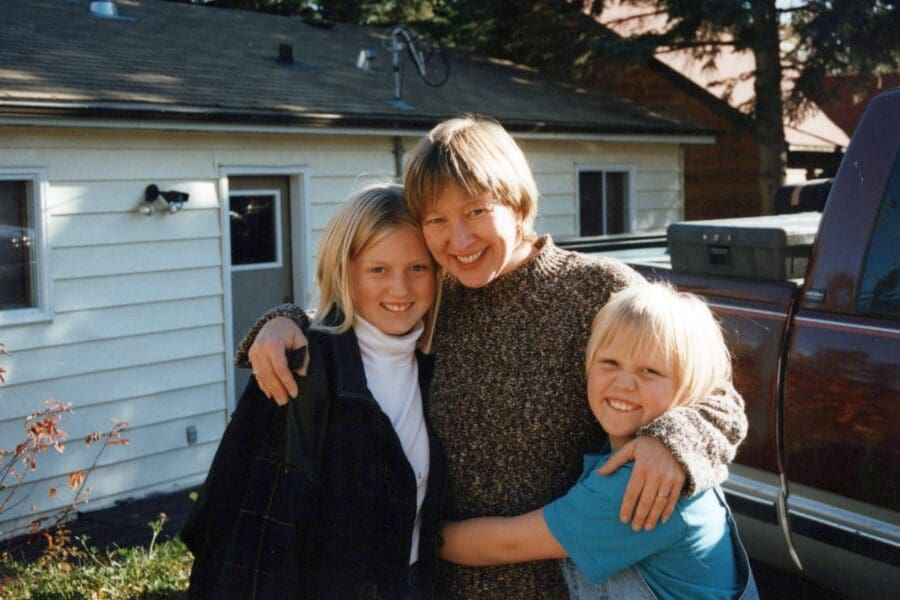Hope for the best and prepare for the worst- is probably the last thing you wish to hear from a
clinician. Especially when you have a loved one who is terminally ill and you’re in the corridors
of the hospital ward waiting to ask the first doctor who emerges, “Doc, how will he fare with that
diagnosis?” It’s a question of yearning for reassurance, for a glimmer of hope amidst the darkness of uncertainty.
Hope- ―Hope is the thing with feathers
So goes a poem by Emily Dickinson.
That perches in the soul
And sings the tune—without the words,
And never stops at all…
No one, not even the most seasoned therapist, can truly prepare us for the shattering heartbreak that accompanies the diagnosis of a terminal illness in someone we hold dear.
A life-limiting condition in someone we love is an earth-shattering moment that reshapes our world in an instant. Suddenly, the future we once took for granted feels uncertain, and the present becomes both precious and precarious. The initial shock gives way to a tidal wave of emotions – anger, fear, sadness – crashing over us in relentless succession.
In this poignant setting, doctors, caregivers, friends, family, and even the patients themselves
seek solace in the medicine of a grieving soul – hope. Hope is more than just believing in the
possibility of a positive future outcome; it’s also fueled by a deep desire for that outcome to
manifest. But what happens when hope seems to clash with the harsh realities of our circumstances? One inevitably wonders: does hope defy the prognosis, or does it offer comfort in acceptance? What role does hope play in such circumstances, and how does it shape our
perception of the journey ahead?-Let’s seek some answers.
The conundrum of balancing hope and grief resonates deeply within the medical profession,
particularly for aspiring doctors like me who witness the intricacies of these emotions firsthand.
As a clinician, you are always between a rock and a hard place when you have to give a patient and his loved ones hope and also prepare them for grief simultaneously. Human nature by design cannot find the thin line between hope and expectation-not even medical physicians are exceptions to this.
Expectation vs. Hope: Managing the Emotional Journey
In exploring the complexities of terminal illnesses, it becomes evident that hope and grief
intertwine in profound ways. Three crucial distinctions between hope and expectation emerge.
Firstly, while expectation aligns with a certain probability threshold, hope can persist even in the face of slim odds. Secondly, expectation can carry various emotional tones, while hope
invariably bears a positive outlook. Finally, the subjective experience of hope entails personal
investment, transcending mere probability assessment, unlike the more detached nature of
expectation.
Amidst the stark reality of a bad prognosis, hope emerges as a resilient force, a flickering flame
in the face of adversity. It’s the whispered prayers for a miracle, the silent plea for a sliver of
possibility, even when the odds seem stacked against us. Clinicians play a crucial role in
determining the grief pattern patients and their loved might adopted solely by conveying the truth about the medical findings. Even with hope’s fragility, it’s critical to maximize the benefits that come from spreading positivity in patients’ suffering from illness and their families. As
clinicians this is where we tread carefully, acknowledging the gravity of each situation while
instilling a sense of hope and resilience and yet ensuring that our patients don’t succumb into
unrealistic expectations.
Empathetic Caregiver Support: Nurturing Hope and Resilience amidst Grief
In the realm of healthcare, particularly in the context of end stage disease, there’s a profound shift towards embracing hope as an integral part of patient communication and care strategies. While in the past, withholding information was a common approach under the assumption that it wouldn’t diminish hope, contemporary practices prioritize transparency and truth-telling. This is important to maintain balance between how patients cope with an illness and the looming grief.
For patients and families, managing this delicate balance can be emotionally taxing. They must cope with the mixed feelings of hoping for a miraculous turnaround while facing the harsh reality of their condition’s limitations. This emotional tug-of-war often results in uncertainty, anxiety, and vulnerability as they navigate between moments of hope and grief.
As caregivers we are trained to not only provide medical expertise but also empathy, trust, and
commitment in supporting patients and their families. This underscores the multifaceted nature of hope, encompassing both the patient and family’s need to believe in miracles and hold onto hope for recovery, while simultaneously acknowledging the terminal aspects of the illness.
Additionally to prevent mal-adaptive grief patterns, we convey messages that sustain hope,
utilizing language and approaches that maintain honesty while leaving room for optimism and
exploring alternative paths such as incorporating spiritual care. It becomes our responsibility to cultivate hope, foster holistic care, and enhance the overall well-being—physical, social,
psychological, and spiritual—of those affected, aligning with the essence of comprehensive care in terminal illnesses.






More Grace Doc
#proud of you